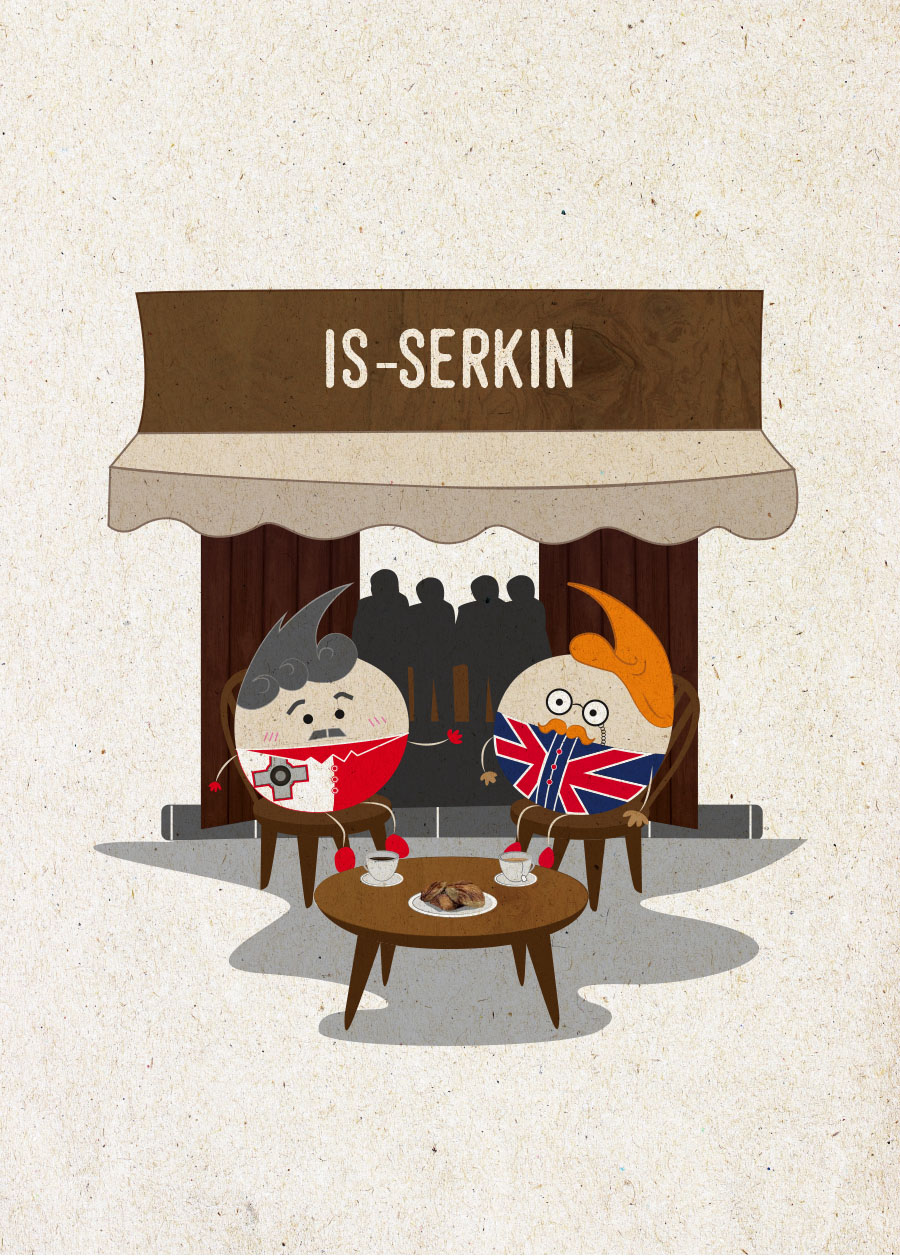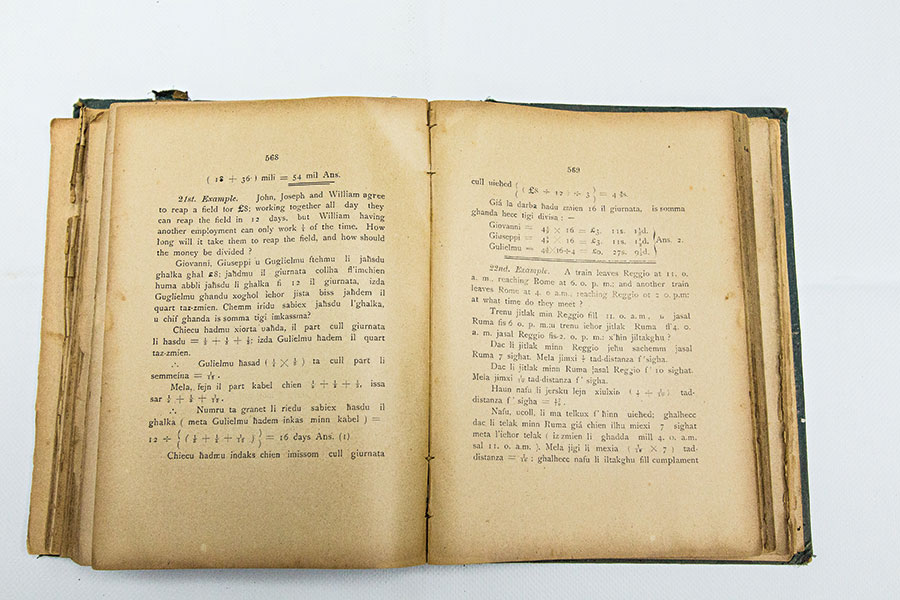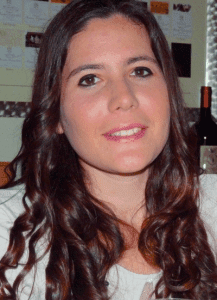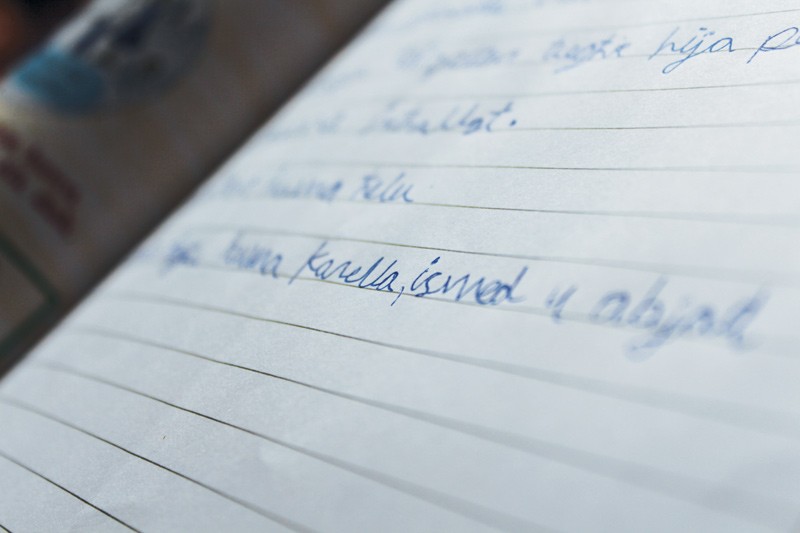You come to Malta to attend Medical School, and you end up in an English class. Nicola Kirkpatrick talks to Dr Isabel Stabile, Omar N’Shea, and Edward Wilkinson about the often unappreciated value of the University of Malta’s Medical Foundation Programme and its impact on international medical students’ lives.
A sea of blank faces stared him down. Omar N’Shea had asked his students a question, but no reply came. None of them wanted to be there. The University of Malta’s Medical Foundation Programme (MFP) aims to equip high school graduates with less than 13 years of formal education with the skills they need to enter Medical or Dentistry school. But its focus on academic English is what receives the most ire. N’Shea, one of the programme coordinators, understands. ‘They don’t see the value initially. They think to themselves: ‘I didn’t travel thousands of miles away to sit in an English class. No, I want to study medicine.’ The frustration is understandable,’ he nods.
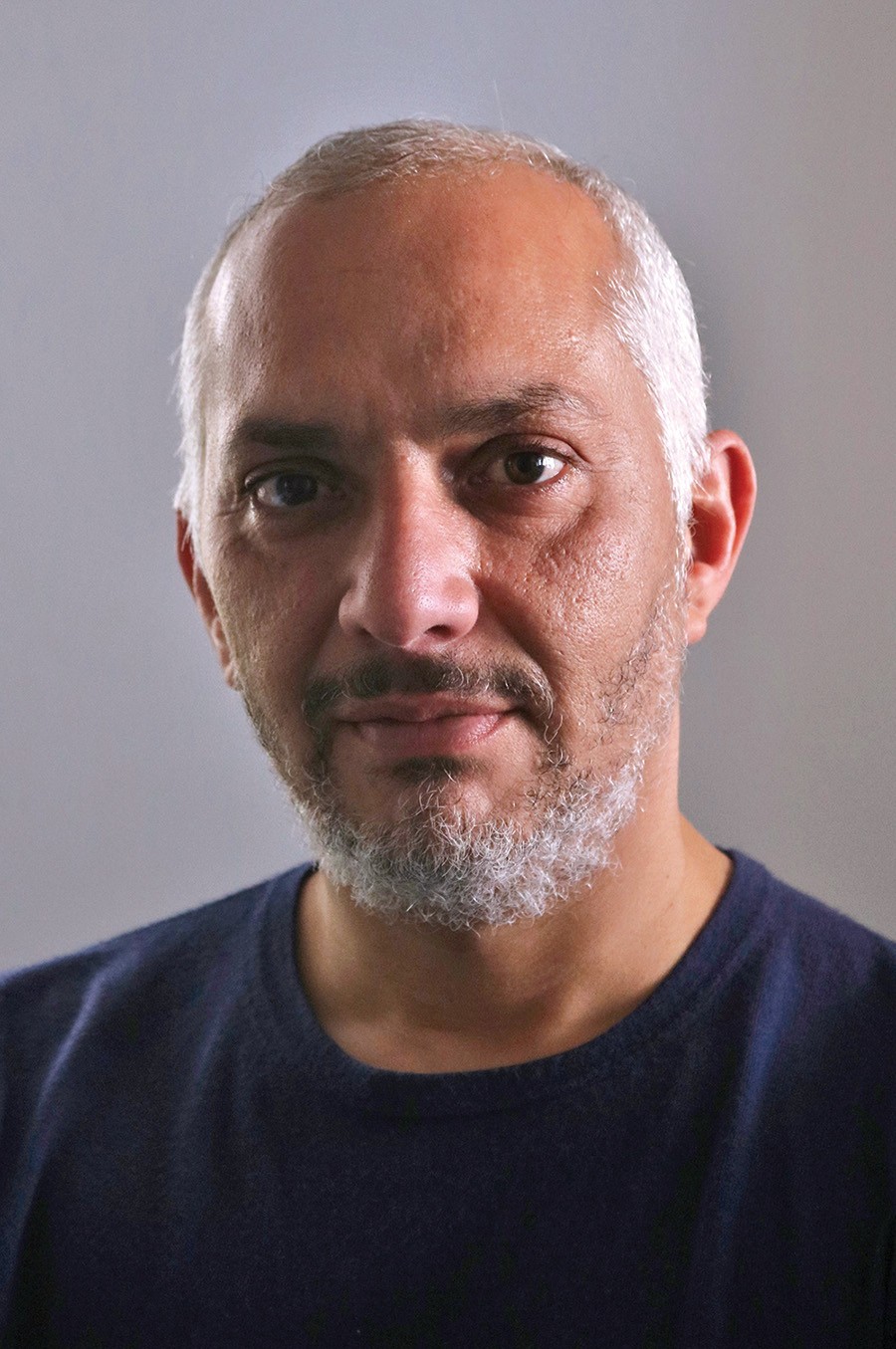
But when so many international students were struggling with the medical course due to language and communication difficulties, something clearly had to be done.
Looking back at the challenges she was facing when the Medical School opened its doors to international students, Director of Studies Professor Isabel Stabile notes the discrepancy in language skills. What was expected was quite distinct from the reality of the situation. ‘What is interesting about our student body is that their spoken level of English is really high,’ says N’Shea, ‘but their written level of English needs work to keep up with the demands of an academic course.’
English Programme Coordinator and tutor Edward Wilkinson agrees, highlighting that ‘resources were lacking. Teaching exercises and materials were sourced online and everyone did the best they could. But a gap quickly emerged as far as Medical English was concerned.’ Stabile further clarifies, ‘Most books available were aimed at teaching doctors and nurses bedside manner and care for patients, but there was little to none out there that focused on academic medical English.’
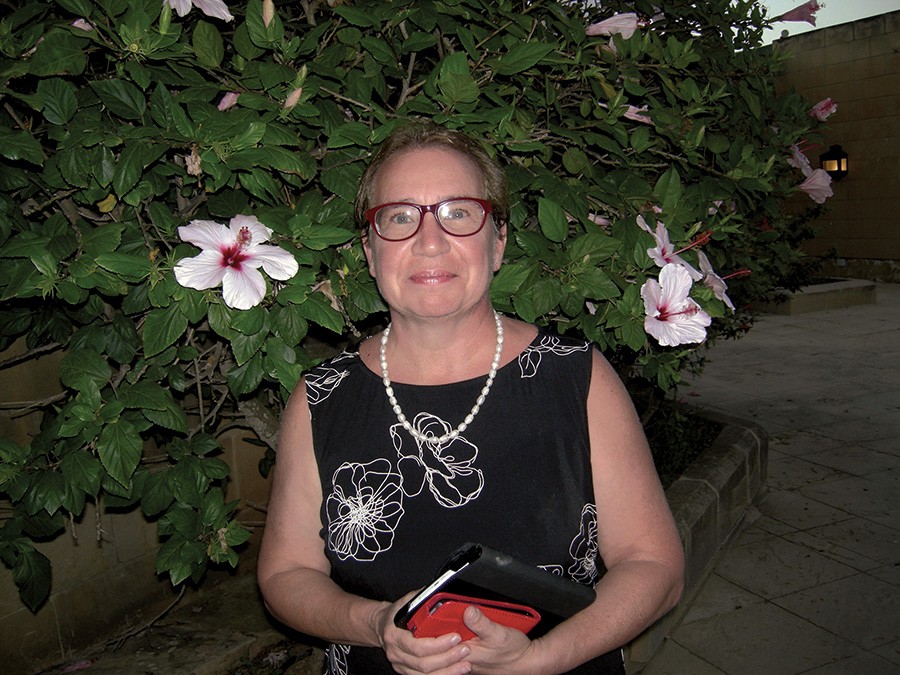
With this philosophy in mind, Stabile, N’Shea, and Wilkinson joined forces to develop a series of books called Academic Medical English for Pathway/Foundation Programmes. These books provided a framework for students to deal with the language in which scientific subjects are taught. The material improves their academic literacy in ways important to medical students, equipping them with skills such as reviewing research papers, writing reflective essays, and answering essay questions.
The book was ‘born out of the needs of these students and the medical program,’ says N’Shea. ‘The concept is to present to the students the core skills required by the medicine and surgery degrees, so that students become aware of the differences between using English as a lingua franca and using English within the framework of academic literacy.’ To enable this, the team included topics to reflect those covered in the science classes that students attend throughout the course. ‘So if they’re doing pulmonary topics in science classes,’ N’Shea says, ‘then they’re discussing them in English classes too. We used the science as a framework for our English lessons, and that was essential. Rather than teaching two disciplines with no dialogue, we created a bridge.’
This approach saw immediate shifts in perception. Dr Hussein Alibrahim, now a house officer in Kuwait, says his primary and secondary education was all in Arabic, and the foundation course, where English and science stood side by side, ‘was an advantage and a necessity. Skimming carefully through an article, identifying keywords, summarising, criticising, asking questions, and looking for the right answers are all skills that I learned for the first time in the foundation course and are skills I still use today,’ he added.
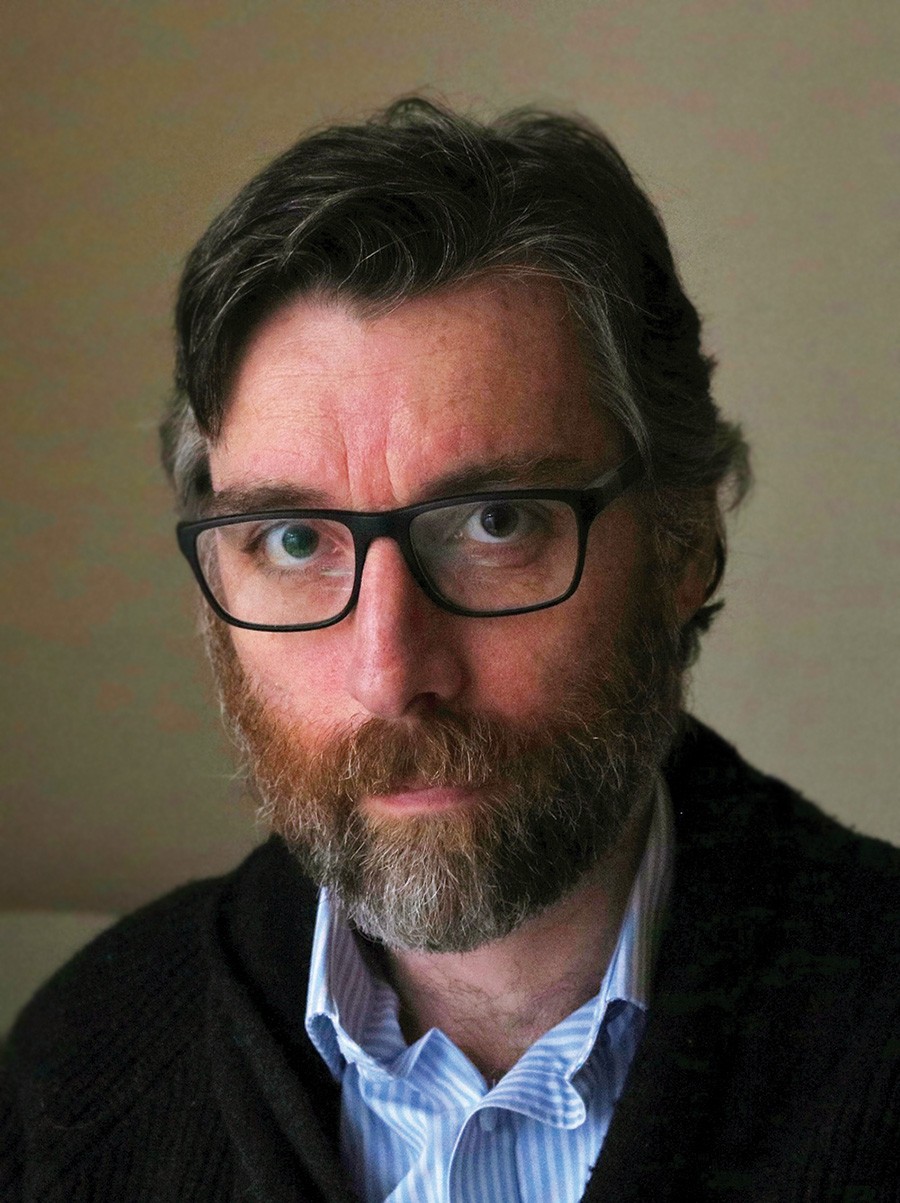
But the programme was not only useful for medical school. Alibrahim noted how it changed his day-to-day life as well. It taught him important lessons on punctuality and work ethic. ‘If you don’t learn [these things in foundation school] then maybe you’re in the wrong place,’ he notes.
With time, the team refined the course. After looking into the discrepancy between spoken and written levels of English, N’Shea and Wilkinson determined that the most probable reason behind it was a lack of reading by the students. Due to this, reading is now a core element of the course and is based on science topics to keep students’ interest piqued.
Now that the coursework has been implemented, positive results can already be seen. Students are so ready and raring to go that ‘sometimes they even want to take over the sessions,’ says N’Shea. ‘A student came up to me in class one time and asked to explain a concept to the others. It was such a dramatic shift.’ This has made it a joy to be in class, he adds, saying that ‘it became an active classroom. Students are totally immersed now.’ He feels that, through this course, the students are empowered ‘because they feel they can bring into the classroom all the things they know from science, but explore them through language.’ This way, ‘English is presented as a skill set to enable them to better achieve their goal in the career path of choice. It makes English less of an extra subject and more of a tool,’ he adds.
N’Shea, Wilkinson, and Stabile all agree that they will continue to perfect the programme. Currently in the works is a coursebook dedicated to developing listening skills. It will concentrate on areas such as note writing and identifying and differentiating words even when people speak with different accents. However, before the ‘listening book’ (as they fondly call it) is released, we will see the ‘reading book’, which will provide scientific passages for the students to read and be assessed on. All editions of this book will have the added bonus of a teacher’s book, meaning that the coursework can be taught by any teacher around the world, even if their knowledge of science is lacking.
With students communicating more, isolation is less of an issue and this is immensely beneficial. ‘We have to remember the dramatic shift that these students are going through,’ Stabile says. ‘They’re moving country, dealing with culture shock, all while fending for themselves for the first time in their lives, an adjustment local students do not need to make.’ This, along with the pressure that comes with a course you only get one chance to pass, is significant.
With students communicating more, isolation is less of an issue and this is immensely beneficial.
The fruit of their hard work is evident. According to research conducted by the team, between 2008 and 2015, 86% of MFP graduates progressed through Medical School. Moreover, the proportion of MFP students who repeat Year 1 of their medical degree is only 8.2% compared with 8.8% for EU (mostly British) students between 2014 and 2017. They also found that MFP students who started in 2010 and graduated medical school in 2015 achieved the same average grade over the whole five years as did local students in that cohort.
That said, all this work is not just about grades. Stabile says the team’s intentions go beyond seeing students pass exams. What they want to do is to ‘place them on a trajectory for success.’ And that is definitely a goal they are achieving, one year at a time.


